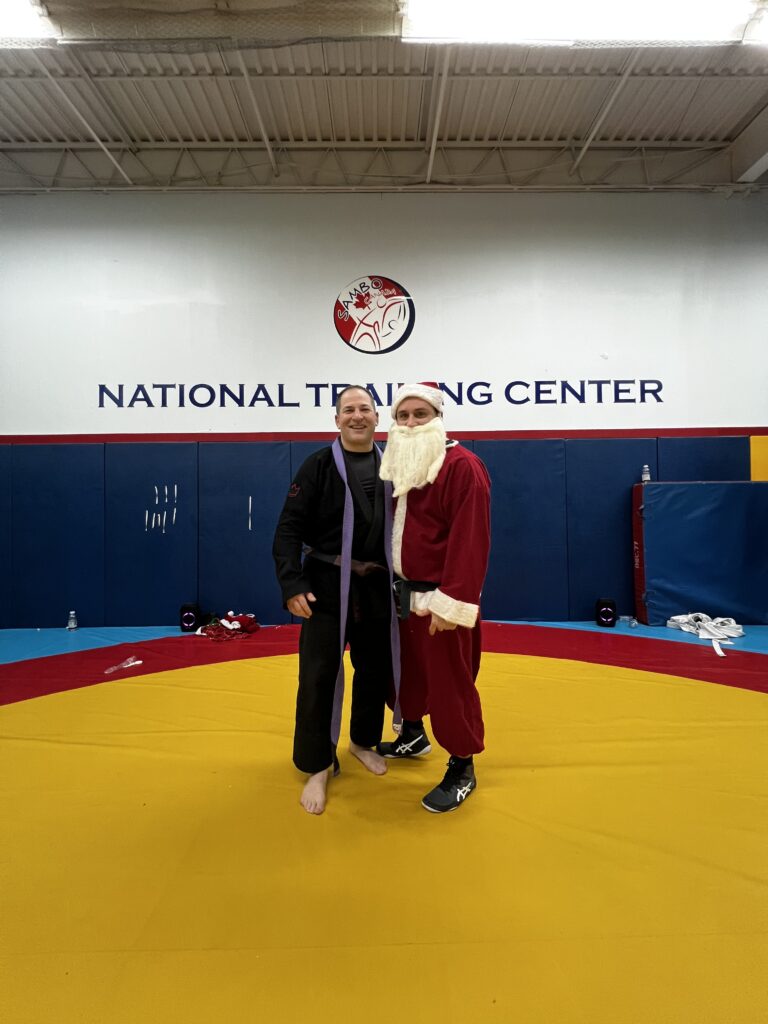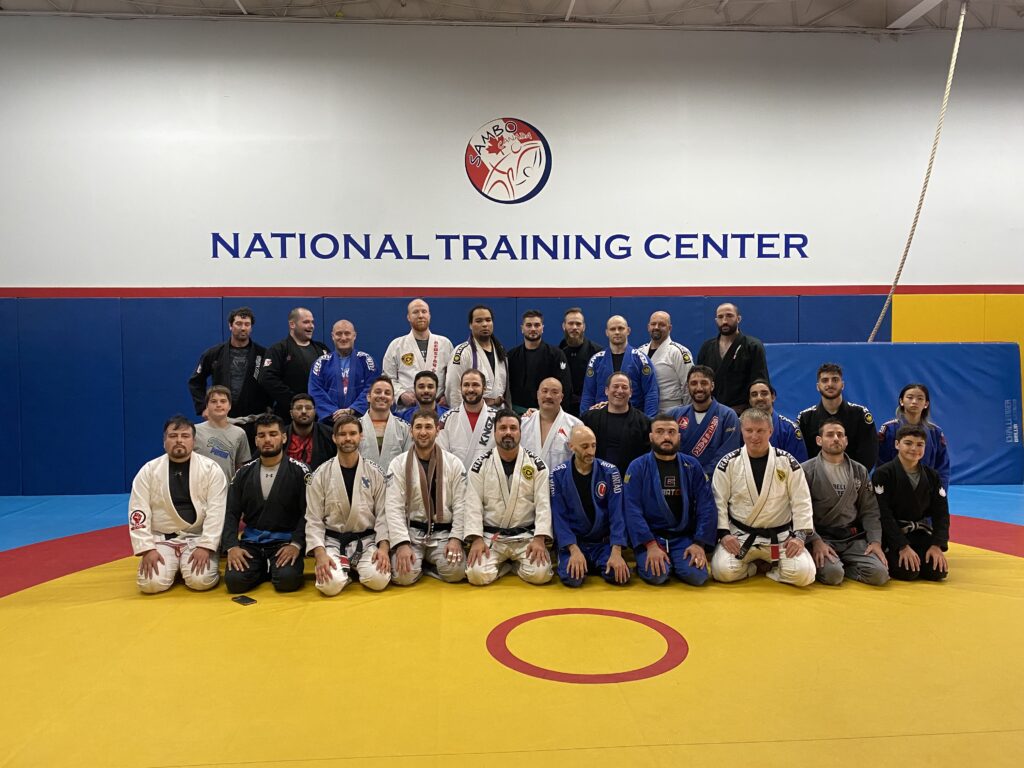If you’ve been to Madison Sports Injury Clinic before, chances are you’ve heard me talk about Brazilian Jiu-Jitsu (BJJ) at some point. It’s more than just a martial art to me—it’s been a lifelong teacher of humility, resilience, and body awareness.
I’ve been training BJJ for years now, and I currently hold a brown belt, with my sights firmly set on achieving my black belt. Like many people who commit themselves to this sport, I’ve experienced my fair share of injuries—some minor, some that forced me off the mats for weeks. But every one of those setbacks taught me something new about recovery, mindset, and the power of good care. That’s a big part of why I do what I do.
Whether you train BJJ, play sports, or are just dealing with everyday aches and pains, I want to share a little bit about how this sport has shaped my philosophy as a clinician—and how I approach injury care for my patients, both athletes and non-athletes alike.

The Art and Grind of BJJ
BJJ is often referred to as “human chess.” It’s strategic, constantly evolving, and humbling in all the best (and sometimes hardest) ways. Unlike many other martial arts, it allows you to spar full speed without having to strike your opponent, making it a unique test of both physical endurance and mental problem-solving.
But make no mistake—BJJ can be tough on the body.
Neck strains, shoulder injuries, knee tweaks, rib bruises, fingers, toes… if there’s a joint, it’s probably been cranked or twisted at some point in my journey. And as someone in their 40s (okay, early 50ss), recovery doesn’t come quite as fast as it used to.
That said, BJJ has made me incredibly tuned in to how the body moves—and what happens when something doesn’t move the way it should.
Injuries Are Part of the Game—But They Don’t Have to End It
As a clinician, I often treat people who assume that once they’ve been injured—whether in BJJ, running, lifting, or even just playing with their kids—it means they need to stop doing the things they love.
I get it. I’ve been there. But I also know firsthand that with the right care and recovery plan, most injuries aren’t the end of the road—they’re just a detour.
At Madison Sports Injury Clinic, we take a functional, movement-based approach to care. That means not just treating the pain, but finding and fixing the root cause—whether it’s a mobility issue, muscular imbalance, or mechanical dysfunction. Especially in something as physically complex as BJJ, it’s easy to overlook the small details that lead to big problems over time.
My Passion for Helping Others Comes from Experience
I’ve always had a passion for sports medicine and rehab, but my personal experiences with injury have made me even more committed to helping others heal, get strong, and return to the things they love.
When you’ve felt the frustration of being sidelined, even temporarily, you understand how important it is to have someone in your corner who’s been there—someone who doesn’t just understand the science of recovery, but the mental side of it too.
Whether you’re a seasoned athlete, weekend warrior, or someone just starting out, I want you to know that your injury doesn’t define your journey. You can come back from it—smarter, stronger, and better prepared.
For the BJJ Community and Beyond
While I work with patients from all walks of life, I do have a special place in my heart for my fellow grapplers. I know how much this sport gives us—and how frustrating it can be when our bodies don’t cooperate.
So if you’re training through a nagging injury, or you’re just not feeling 100% and can’t figure out why, come in. Let’s take a look. I’ll treat you like I treat myself—with intention, honesty, and the goal of getting you back on the mats as safely and quickly as possible.
But this clinic isn’t just for athletes. I work with people dealing with chronic pain, postural issues, workplace injuries, and everyday discomforts too. You don’t need to be a black belt to deserve quality care—you just need to want to feel better.

Final Thoughts
Brazilian Jiu-Jitsu has taught me a lot over the years—about discipline, persistence, and the value of community. It’s also taught me to listen to my body, and to never underestimate the importance of proper recovery and injury prevention.
As I continue my own journey toward black belt, I carry those lessons into every patient interaction. My mission at Madison Sports Injury Clinic is simple: to help you move better, feel stronger, and live without pain—on the mats and off.
If you’re dealing with an injury, or just want to move and feel better, I’d love to help. Reach out, book a visit, and let’s work together to get you back to doing what you love.
See you on the mats (or in the clinic),
Dr. Michael Rodney
Madison Sports Injury Clinic